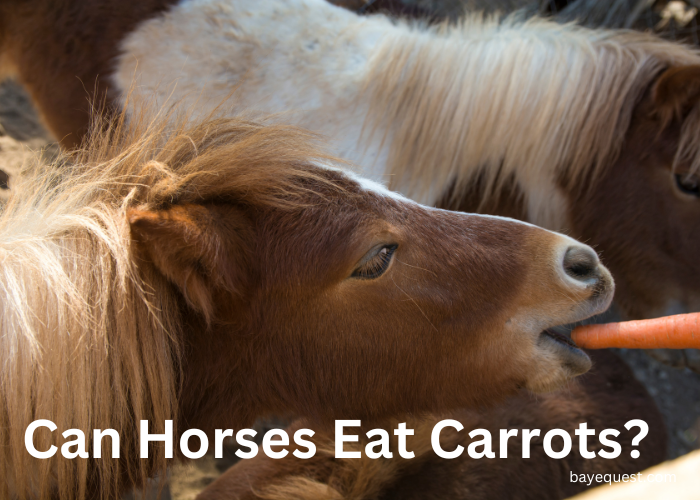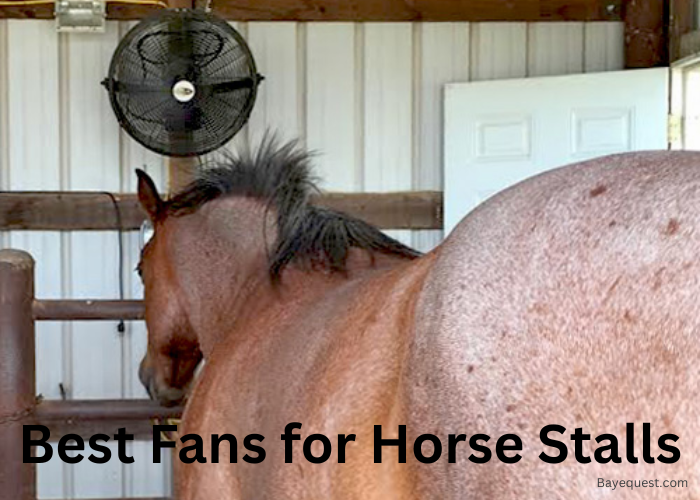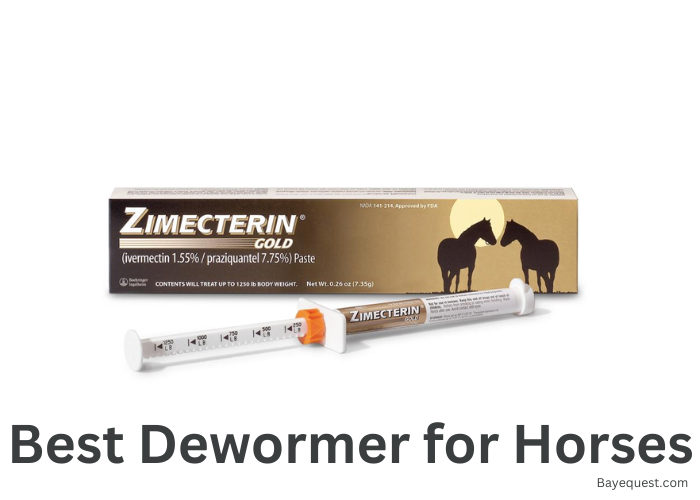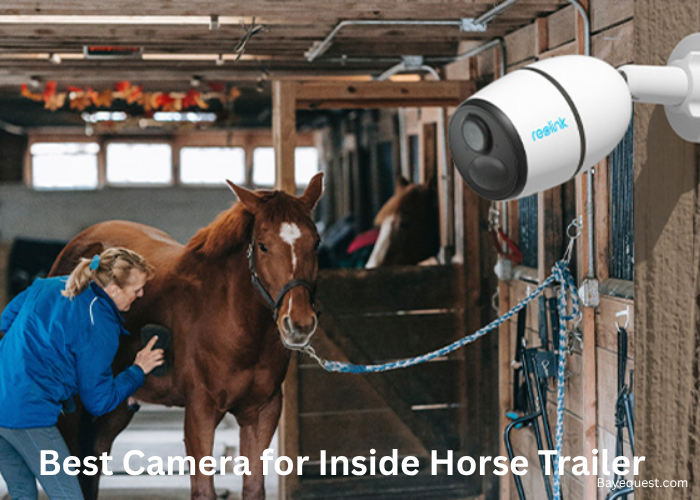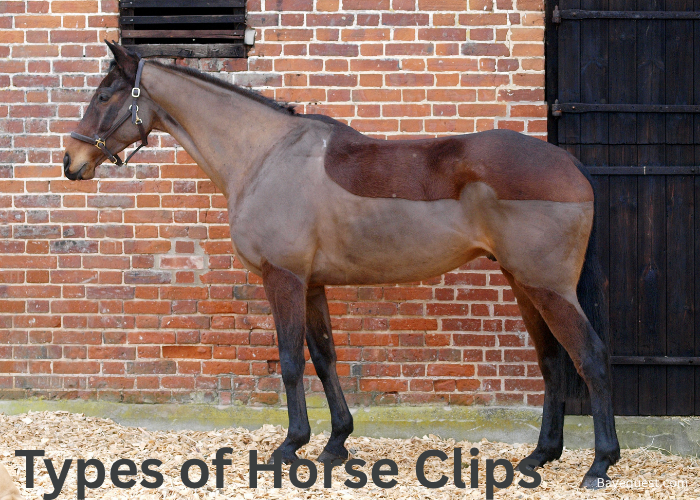Carrots and horses—what a classic combo. But is it safe to share this crunchy snack with your equine friend?
Carrots are tasty, but are they always a good choice? Some horse owners swear by them, while others worry about the sugar.
How many are too many? And what about smaller ponies or horses with health concerns? If you’re curious about adding carrots to your horse’s diet, let’s break it down.
We’ll cover the benefits, the risks, and how to treat your horse to this bright orange delight safely.
Can Horses Eat Carrots? Key Takeaway
Yes, horses can eat carrots. Carrots are safe and healthy for horses in moderation. They are a good source of vitamins, like vitamin A, which benefits a horse’s vision, skin, and coat health. However, you need to feed the carrots properly to avoid risks such as choking.
Should Horses Eat Carrots?
Yes, horses can eat carrots, but they should be given in moderation. Carrots are a tasty and nutritious treat that most horses love.
They provide vitamins and a bit of natural sweetness, making them a great occasional snack.
However, you need to remember that carrots are high in sugar. Feeding too many can disrupt a horse’s balanced diet or even cause health issues.
A couple of carrots a day is safe for most horses, but always consider the horse’s overall diet and health needs.
How Many Carrots Can My Horse Have?
A horse can have one or two carrots a day. However, the number of carrots should depend on the horse’s size, diet, and health.
Carrots are a treat, not a staple food. Feeding them in moderation helps keep a balanced diet.
Larger horses may tolerate more carrots, while smaller ponies need fewer. Cut carrots into smaller pieces to avoid choking.
Also, consider the horse’s overall diet. Too many carrots can add excess sugar, especially if they already eat sugary feeds.
Horses with health issues like diabetes need extra care. Always check with a vet before giving treats to horses with special dietary needs.
Do Horses Need Carrots In Their Diet?
No, horses do not really need carrots in their diet. While carrots are a healthy treat that can provide additional nutrients like beta-carotene, fiber, and potassium, they are not essential for a horse’s diet.
A horse’s nutritional needs are met through a well-balanced diet consisting of forage (like hay and haylage), grains, and specialized equine feeds.
Carrots can be a nice treat and a good way to provide some variety and enrichment in a horse’s diet, but they are not a dietary requirement.
Nutritional Content of Carrots
Carrots are highly nutritious and offer various beneficial vitamins and minerals. Here’s a breakdown of the nutritional content of carrots:
- Vitamin A. Carrots have high vitamin A content, primarily in the form of beta-carotene.
- Fiber. Carrots provide dietary fiber, which is beneficial for digestive health.
- Vitamins. Besides vitamin A, carrots contain small amounts of vitamins C, K, and several B vitamins.
- Minerals. Carrots are a source of several minerals, including potassium, which is vital for muscle function and maintaining electrolyte balance.
- Antioxidants. Carrots are rich in various antioxidants which help protect the body from oxidative stress and inflammation.
- Low in Calories. Carrots are low in calories, making them a healthy snack option that can be included in weight management diets.
- Water content. They have a high water content, which can help with hydration.
How to Prepare Carrots for Horses
Preparing carrots for horses in a safe and enjoyable way involves a few simple steps. Here’s how to do it properly:
Wash well. Start by washing the carrots under running water to remove dirt, pesticides, or other residues. This is important because horses are sensitive to chemicals and contaminants.
Peel. Peeling is optional. While the carrot’s skin can hold additional nutrients, peeling might be a safer option if you’re unsure about the quality of the carrots or if they’re not organic.
Cut appropriately. Cut the carrots into long strips or chunks that are easy for the horse to chew but not so small that they could cause a choking hazard. Avoid cutting them into small circular pieces, as these can get lodged in the throat.
Feed by hand or in a feeder. You can feed carrots directly by hand, ensuring you hold them in a way that encourages the horse to nibble and not bite your fingers. Alternatively, placing carrot pieces in a feed bowl or mixing them with their regular feed can also work.
Moderation. Even though carrots are healthy, they should still be fed in moderation as part of a balanced diet. They are a treat and should not replace the horse’s main nutrition source, primarily hay or pasture.
Monitor your horse. As with introducing new food, observe your horse the first few times it eats carrots to ensure it handles them well without any signs of digestive upset or choking.
The Health Benefits of Feeding Horses Carrots
Feeding carrots to horses isn’t just a treat for them; it’s good for their health, too. Here’s why carrots are a great choice:
First, carrots are packed with vitamin A. This vitamin is great for keeping a horse’s eyes sharp and skin and coat healthy—it’s like giving them a little boost from the inside out.
Plus, carrots have fiber. This helps keep their digestion smooth and regular, which is really important for horses.
Carrots also add some fun and variety to a horse’s diet. This can perk up their day and keep mealtime interesting. And let’s not forget that munching on crunchy carrots is good for their teeth.
But remember, moderation is key. A carrot or two a day is enough to get these benefits without going overboard.
So, a carrot can be a perfect choice next time you want to give your horse a special snack. They’re not just tasty; they’re healthy too.
Possible Concerns When Feeding Carrots to Horses
Feeding carrots to horses, while generally safe, does come with a few potential concerns that you should be aware of:
Choking hazard. To prevent choking, carrots need to be cut into appropriate sizes. Large chunks or long, thin strips are usually safer than small, round slices, which can easily get stuck in a horse’s throat.
Sugar content. Carrots contain sugar, which can be an issue for horses with health conditions like insulin resistance, laminitis, or obesity. Even healthy treats like carrots need to be given sparingly to these horses.
Overfeeding. Like any treat, carrots should only be given in moderation. Overfeeding carrots can lead to nutritional imbalances.
Pesticides and chemicals. If not properly washed, carrots can carry pesticides and other chemicals residues, which can harm horses. Organic carrots or thoroughly washed ones are the safest options.
Allergic reactions. Although rare, some horses might have or develop an allergy to carrots, leading to symptoms like hives, itching, or digestive upset. If you notice any unusual reactions after feeding carrots, it’s best to consult with a veterinarian.
By considering these concerns and feeding carrots correctly, horse owners can safely include this healthy treat in their horses’ diets.
Precautions While Feeding Carrots to Horses
When feeding carrots to horses, it’s important to follow some basic precautions to ensure their safety and health. Here are key considerations:
Proper preparation. Always wash carrots thoroughly to remove dirt and potential pesticide residue. Cut them into appropriate sizes to avoid choking.
Feeding technique. To avoid accidental nipping, keep your palm flat and fingers straight when feeding carrots by hand. Alternatively, you can place carrots in their feed bin to avoid direct hand feeding.
Moderation. Carrots should be fed in moderation as part of a balanced diet. They are treats and not a substitute for a horse’s regular feed, which is formulated to meet their nutritional needs.
Monitor sugar intake. Be mindful of carrots’ sugar content. Limit carrot intake for these horses or seek veterinary advice.
Allergies and sensitivities. Watch for any signs of allergic reactions or digestive upset. While allergies to carrots are rare, they can occur. Symptoms might include skin rashes, itching, or gastrointestinal discomfort.
Dental health. Ensure your horse’s dental health is good. Problems with teeth can make chewing difficult, increasing the risk of choking on harder foods like carrots.
Horses That Should Not Eat Carrots
Carrots are a popular treat for horses, but they’re not suitable for all. Some horses have conditions that make eating carrots a bad idea. Let’s look at why some horses should skip the carrot treats.
Insulin-resistant horses
Insulin resistance in horses is similar to type 2 diabetes in humans. Horses with this condition have difficulty processing glucose, leading to elevated blood sugar levels.
Carrots, while nutritious, contain sugars that can cause a spike in blood glucose. Feeding carrots to insulin-resistant horses can exacerbate their condition and lead to further health complications.
Horses with laminitis
Laminitis is a severe and painful inflammation of the tissues (laminae) that bond the hoof wall to the pedal bone in a horse’s hoof. Dietary factors can trigger this condition, especially ingesting starches and sugars.
Since carrots contain natural sugars, feeding them to horses with laminitis can increase the risk of triggering this painful condition. You need to keep your diet low in sugars, including those found in carrots.
Horses with dental issues
Dental problems can make it hard for horses to chew their food properly, which is crucial for their digestion. Carrots, which are hard and crunchy, can pose a risk of choking or cause further dental damage if a horse struggles to chew them.
For horses with significant dental issues, softer foods are safer and easier to manage.
Horses with Hyperkalemic Periodic Paralysis (HYPP)
HYPP is a genetic disorder that affects muscle function, often exacerbated by high potassium levels in the diet. Carrots contain potassium, triggering episodes of muscle weakness and even paralysis in affected horses.
If your horse has HYPP, you must carefully manage its potassium intake. Avoid foods like carrots, which can precipitate these episodes.
What are Other Fruits and Vegetables Horses Can Eat?
Horses can enjoy a variety of fruits and vegetables as part of a balanced diet, providing both nutritional benefits and a bit of tasty variety. Here are some other fruits and vegetables that are generally safe and healthy for horses:
Apples. A classic favorite, apples are safe for horses in moderation. They should be cut into wedges or slices to prevent choking.
Bananas. Including the peel, bananas are a good treat for horses, offering potassium and natural sugars.
Pears. Like apples, pears are safe for horses but should be sliced to avoid choking hazards.
Watermelon. Both the flesh and rind of watermelon are safe for horses. It’s a great hydrating treat, especially in the summer.
Grapes. Horses eat grapes, but they should be given sparingly due to their high sugar content.
Celery. Celery is safe for horses and provides a crunchy, low-calorie snack. It should be cut into small pieces to prevent stringy bits from causing any issues.
Cucumbers. Cucumbers are low in calories like celery and can be a refreshing treat if cut into appropriate sizes. (See also: Do horses eat cucumbers?)
Pumpkin. Safe for horses, pumpkin can be fed raw or cooked, but without added spices or sugar. It’s particularly popular as a treat in the fall.
Squash. Similar to pumpkin, various types of squash can be a healthy treat served in moderation.
Carrot tops. The green tops of carrots are also safe and nutritious for horses.
Are Carrots Good for Horses? FAQs
Can horses eat the green tops of carrots?
Yes, horses can eat the green tops of carrots. They are safe and contain nutrients just like the carrot itself. However, as with any new addition to a horse’s diet, it should be introduced gradually to ensure it doesn’t cause any digestive upset.
Can horses eat meat?
No, horses shouldn’t eat meat. They are herbivores whose digestive systems are not designed to process animal proteins. Feeding meat to a horse can lead to serious health issues.
Can horses be allergic to carrots?
Yes, horses can be allergic to carrots, although it is quite rare. Symptoms of an allergic reaction may include hives, itching, or gastrointestinal upset. If you suspect your horse is allergic to carrots, consult a veterinarian.
Are carrots bad for horses with ulcers?
Carrots themselves are not bad for horses with ulcers and can be a part of their diet unless otherwise advised by a veterinarian. They are soft and high in fiber, which is generally good for digestion. However, you must practice moderation and consider dietary adjustments based on the veterinarian’s advice to address the ulcers.
Can Horses Have Carrots? Conclusion
So, can horses eat carrots? Absolutely. Remember, carrots are best enjoyed in moderation, like any good treat.
They bring a splash of color and a burst of nutrition to your horse’s diet, making them a fantastic choice for a little snack. But, keep the portions in check. A carrot or two a day can go a long way in keeping your equine friend happy and healthy.
Next time you crunch into a carrot, think about tossing a piece to your horse, too. After all, sharing is caring, and what’s better than sharing a healthy treat with your four-legged buddy?




